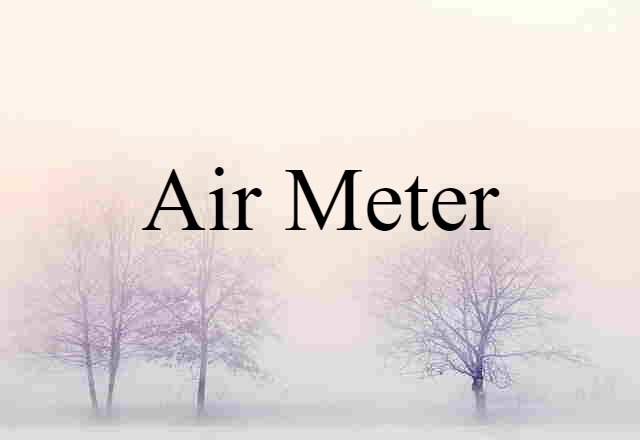- a dynasty in China, 206 b.c.–a.d. 220, with an interregnum, a.d. 9–25: characterized by consolidation of the centralized imperial state and territorial expansion.
- a river flowing from central China into the Yangtze at Hankow. 900 miles (1,450 km) long.
- the Chinese people in general, especially those not of Mongol, Manchu, Tibetan, or other non-Chinese extraction.
- a member of a group of Indigenous people inhabiting the Yukon River drainage basin near the Alaska-Canada border.
- the Athabascan language of the Han.
- a river in E central China, rising in S Shaanxi and flowing southeast through Hubei to the Yangtze River at Wuhan. Length: about 1450 km (900 miles)
- the imperial dynasty that ruled China for most of the time from 206 bc to 221 ad, expanding its territory and developing its bureaucracy
- the Chinese people as contrasted to Mongols, Manchus, etc
















